Recognizing High-Quality Japanese Clocks. Japanese clocks are renowned for their precision, craftsmanship, and unique design. Identifying high-quality Japanese clocks involves examining several key aspects, from construction materials to design features. This guide will help you recognize top-tier Japanese clocks and understand what makes them stand out.
Key Features of High-Quality Japanese Clocks
Craftsmanship and Materials
Superior Materials: High-quality Japanese clocks use premium materials such as fine woods, durable metals, and high-grade glass. Look for clocks made from solid wood rather than veneers, as solid wood indicates better quality.
Precision Craftsmanship: The craftsmanship should be meticulous, with smooth finishes, well-aligned parts, and detailed design elements. High-quality clocks often feature hand-carved details or intricate inlays, showcasing the skill of the artisans.
Movement and Mechanism
Mechanical Precision: For mechanical clocks, high quality is reflected in the movement’s precision. Look for well-engineered mechanisms with smooth operation and accurate timekeeping. Japanese clockmakers are known for their exceptional attention to detail in mechanical movements.
Quartz Accuracy: In quartz clocks, quality is demonstrated by the accuracy of the timekeeping. High-quality quartz clocks use reliable quartz movements that offer superior precision and minimal drift.
Design and Aesthetics
Design Elegance: Japanese clocks often feature unique design elements influenced by traditional Japanese aesthetics. High-quality models incorporate these designs seamlessly, with balanced proportions and harmonious color schemes.
Attention to Detail: Fine detailing, such as intricate patterns, decorative elements, and carefully applied finishes, indicates high quality. Ensure that these details are consistent and well-executed.
Recognizing Reputable Brands
Renowned Japanese Brands
Seiko: Known for its innovative technology and exceptional craftsmanship, Seiko is a leading brand in both traditional and modern clockmaking. Their clocks are celebrated for their precision and elegant design.
Citizen: Citizen is renowned for its advancements in quartz technology and Eco-Drive systems. Their clocks combine modern functionality with high-quality materials and craftsmanship.
Takano: Takano is recognized for its traditional craftsmanship and intricate designs. Their clocks often feature hand-carved elements and detailed artistry, reflecting a commitment to high-quality production.
Brand Reputation
Researching Brands: Investigate the reputation of the brand and read reviews from other collectors and experts. Reputable brands maintain high standards of quality and reliability in their timepieces.
Authenticity: Verify the authenticity of the clock by checking for brand markings, certificates of authenticity, and documentation. High-quality Japanese clocks from reputable brands will come with proper documentation and markings.
Checking for Authenticity
Brand Markings and Signatures
Examine Markings: High-quality Japanese clocks often feature distinct brand markings or signatures. Check for these marks on the clock’s case, dial, or movement. Authentic Japanese clocks will have clear and precise markings.
Certification: Some high-quality clocks come with certificates of authenticity. Ensure that any documentation matches the clock and confirms its authenticity and quality.
Condition and Workmanship
Condition Assessment: Inspect the clock for signs of wear, damage, or poor workmanship. High-quality clocks should be in excellent condition, with no visible defects or signs of substandard repairs.
Workmanship Inspection: Look closely at the workmanship, including the alignment of parts, smoothness of the movement, and overall finish. High-quality clocks will exhibit superior craftsmanship and attention to detail.
Understanding Value and Pricing
Pricing Considerations
Price Range: High-quality Japanese clocks are often priced higher due to the superior materials and craftsmanship involved. Be wary of unusually low prices, which may indicate counterfeit or low-quality products.
Investment Value: Consider the clock’s potential investment value. High-quality clocks from reputable brands often retain or increase their value over time, making them a worthwhile investment for collectors.
Market Research
Comparing Prices: Research prices for similar models and brands to understand the market value. Compare features, materials, and craftsmanship to assess whether the price reflects the clock’s quality.
Expert Opinions: Consult with experts or collectors to get insights into the clock’s quality and value. Expert opinions can provide valuable information on the clock’s craftsmanship, brand reputation, and authenticity.
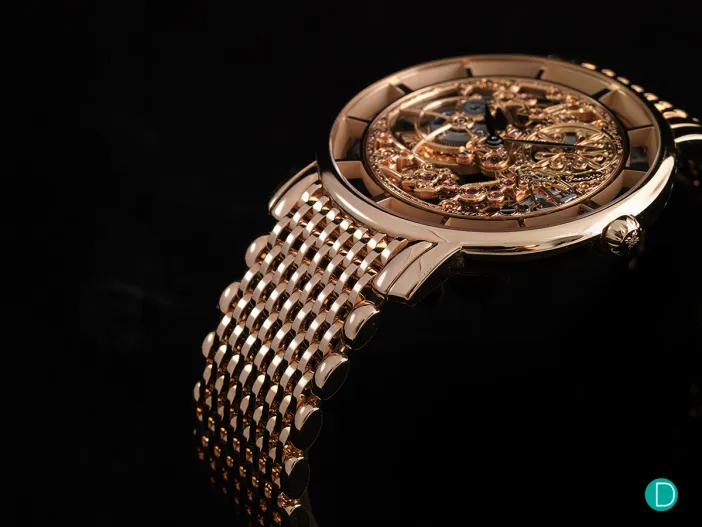
Conclusion
Recognizing high-quality Japanese clocks trends involves examining craftsmanship, materials, movement, design, and brand reputation. By focusing on these key aspects, you can identify top-tier timepieces that reflect the excellence and tradition of Japanese clockmaking. Whether you’re a collector or an enthusiast, understanding these qualities will help you appreciate and select exceptional Japanese clocks that stand the test of time.

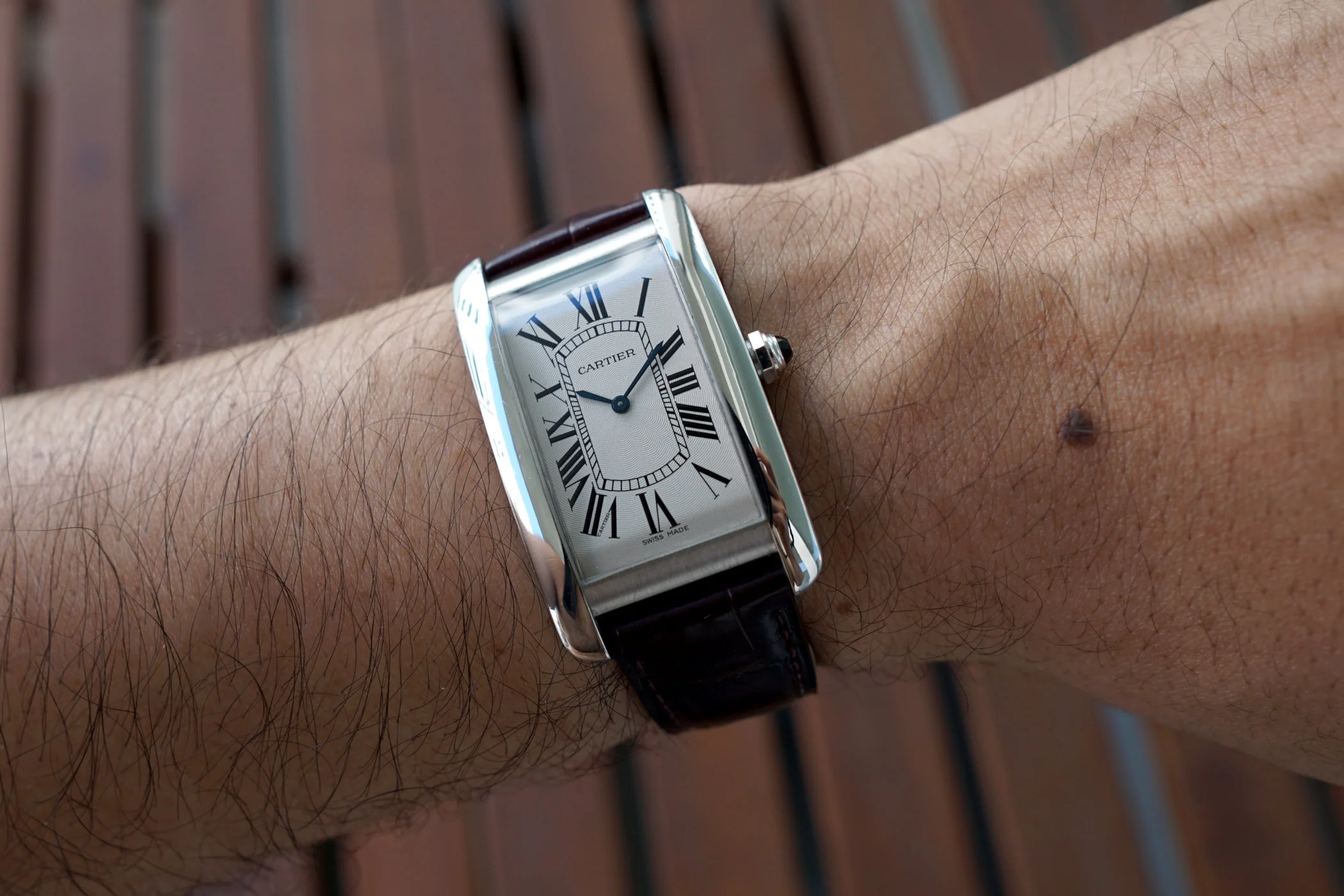
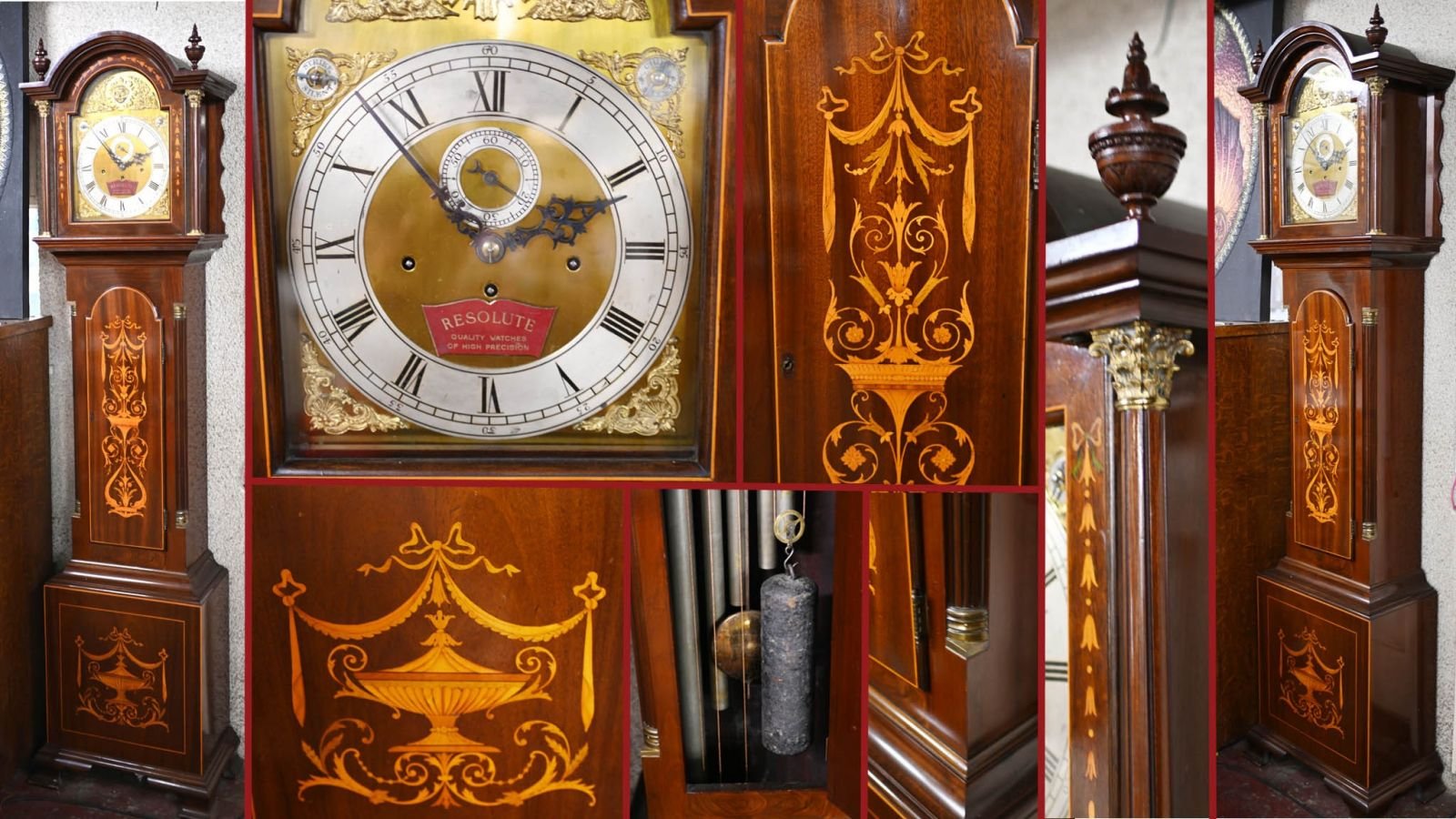
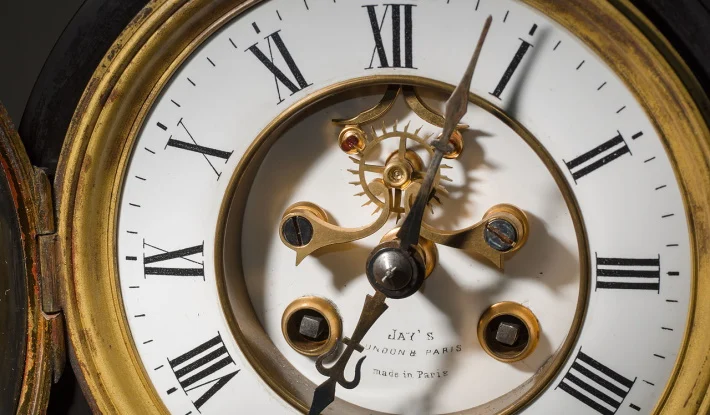
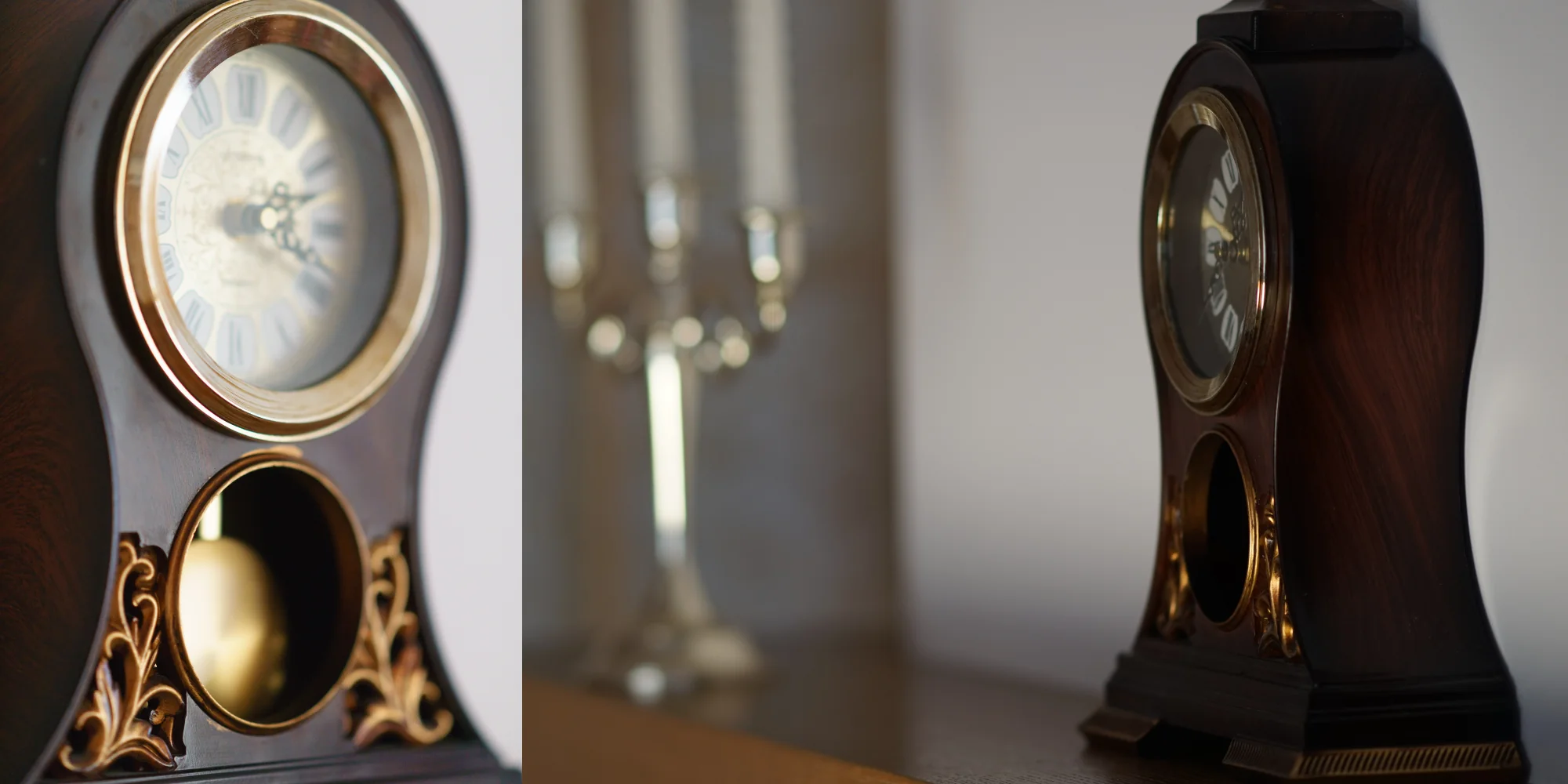
Nach dem Absenden des Registrierungsformulars erhalten die Nutzer eine Bestätigungs-E-Mail, um ihr Konto zu verifizieren. Die Erstellung
eines Kontos bei Dragon Money ist ein schneller und einfacher Prozess.
Kontinuierliche Updates und Kundensupport tragen dazu bei,
hohe Servicestandards aufrechtzuerhalten.
Beim dritten Deposit können Spieler einen 200% Bonus bis zu 1000 EUR plus
100 Freispiele beanspruchen. Das Casino aktualisiert regelmäßig seine Promotionen und bietet sowohl neuen als auch bestehenden Nutzern attraktive Möglichkeiten zur Erhöhung ihres Spielguthabens.
Dragon Casino zeichnet sich durch sein innovatives 50-stufiges VIP-Programm aus, das treuen Spielern exklusive Belohnungen und Cashback-Angebote bietet.
Baccarat in Dragon Money hat eine einfache Steuerung und hohe Gewinne, diese casino ist die beste unter den Casinos!
Roulette ist mein Lieblingscasino, die Grafik in Dragon Money ist erstaunlich und die casino läuft
flüssig. Der Kundenservice für Dragon Money ist ausgezeichnet,
sie haben mir sofort bei einem Problem während der casino geholfen.
References:
https://online-spielhallen.de/lex-casino-auszahlung-ein-umfassender-leitfaden-fur-reibungslose-gewinnauszahlungen/
Zoome Casino is a premium online gaming platform designed for Australian players seeking
an exciting and secure gambling experience. Founded by Dama N.V., a company with a strong reputation for delivering high-quality
gaming experiences, Zoome Casino’s mission is centered
around providing a seamless and engaging experience for its players.
Deposit bonuses, free spins and participation in promotions and tournaments give players
a real chance to win big, spending significantly less of their own funds.
Some bonuses may provide additional chances to win, so a player should carefully
weigh the pros and cons before deciding to refuse
a bonus at Zoome online casino Casino .
But it’s not just about the games – it’s about the thrill of the chase, the rush
of adrenaline, and the sense of community that comes with being part of a vibrant
online casino family. Bonuses often allow players to continue playing even after their initial
deposit has been exhausted. By following these recommendations,
you will be able to choose the appropriate bonus at Zoome Casino online casino that suits your preferences and playing style.
Official website of Zoome Casino Australia ⚡️
Best casino games ⭐️ Play for real money ➤ 1700+ slots, roulette,
and other games
The platform is suitable for both traditional and modern transactions.
Players can reach out via live chat or email for assistance
with any queries or concerns. Deposits are processed instantly, while withdrawals are typically
completed within 24–48 hours, depending on the chosen payment method.
Players can deposit and withdraw using traditional payment methods like Visa, MasterCard, and bank
transfers, as well as modern options like e-wallets
and cryptocurrencies.
References:
https://blackcoin.co/cashman-slots-10k-free-coins-a-comprehensive-guide/
He likes to take a data-backed approach to his reviews, believing that some key metrics can make a huge difference
between your experience at otherwise similar sites. Since then, he’s worked on Canada,
New Zealand, and Ireland, and is an experienced hand with English-language
gambling products worldwide. These are the top payment options that you’re likely to find at the best sites.
It’s understandable, as one of the strongest attractions
of these sites is the fact that you’re guaranteed free coins, and very often free spins
as well, as soon as you register. That said, you’ll still be able to
win actual money and cash prizes. Every Australian casino site is
different, but there are still some questions about them
that share the same answers.
With no licence required and nothing to distinguish trustworthy operators from the cowboys, players were pretty much left to their own devices.
Online gambling sites do not fall within the purview of this licence, and for
a while they operated in limbo. We have a very stringent set of criteria related to safety, security, game choice,
bonus terms and fairness. We have a team of industry experts here at the
Australian Casino Sites Helper website who will share with you
their many years of online gaming experience.
Its presence carries a lot of weight in the online
gambling industry, which is why operators pride themselves on having it
at the bottom of their home pages. More specifically, they monitor every
activity and perform regular tests according to strict time schedules
which guarantee that the games are provably fair.
Sites like King Johnnie and Oshi Casino offer self-exclusion tools
and deposit limits to keep your play in check.
A trustworthy casino displays its license prominently check the footer of sites.
You won’t get in trouble for playing on these sites, as the law
targets operators, not players. Most sites let you deposit in AUD$, so you won’t lose money on exchange rates.
References:
https://blackcoin.co/casumo-casino-review-rewards-slots-and-payments-how-is-customer-service/
australian online casinos that accept paypal
References:
ethiofarmers.com
paypal neteller
References:
ciitiijobs.in
Nice read, I just passed this onto a friend who was doing a little research on that. And he actually bought me lunch as I found it for him smile Thus let me rephrase that: Thanks for lunch!
Hello, you used to write fantastic, but the last several posts have been kinda boring?K I miss your tremendous writings. Past few posts are just a little bit out of track! come on!